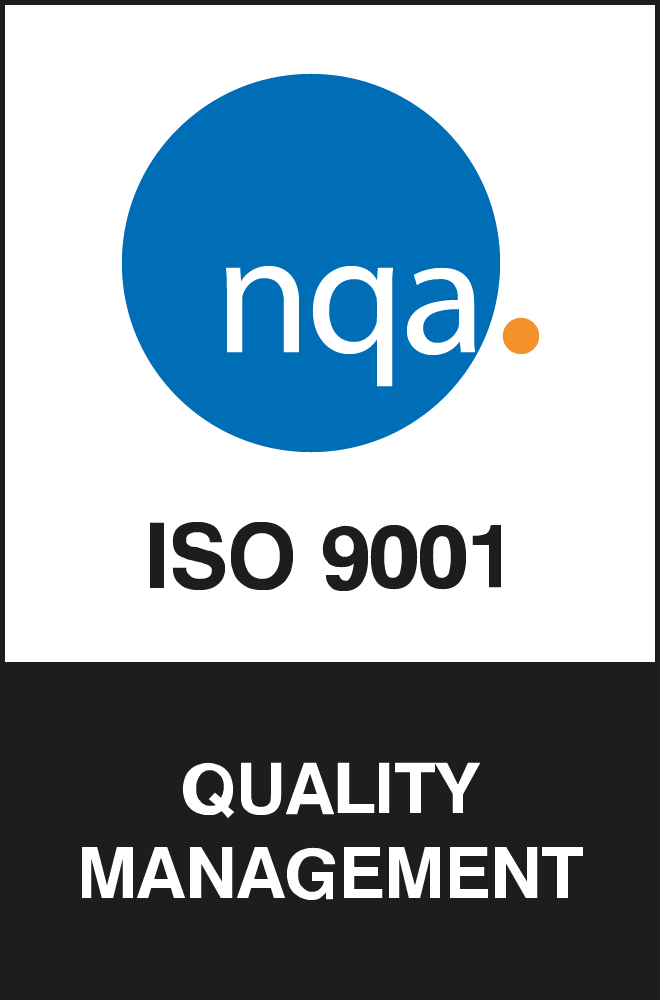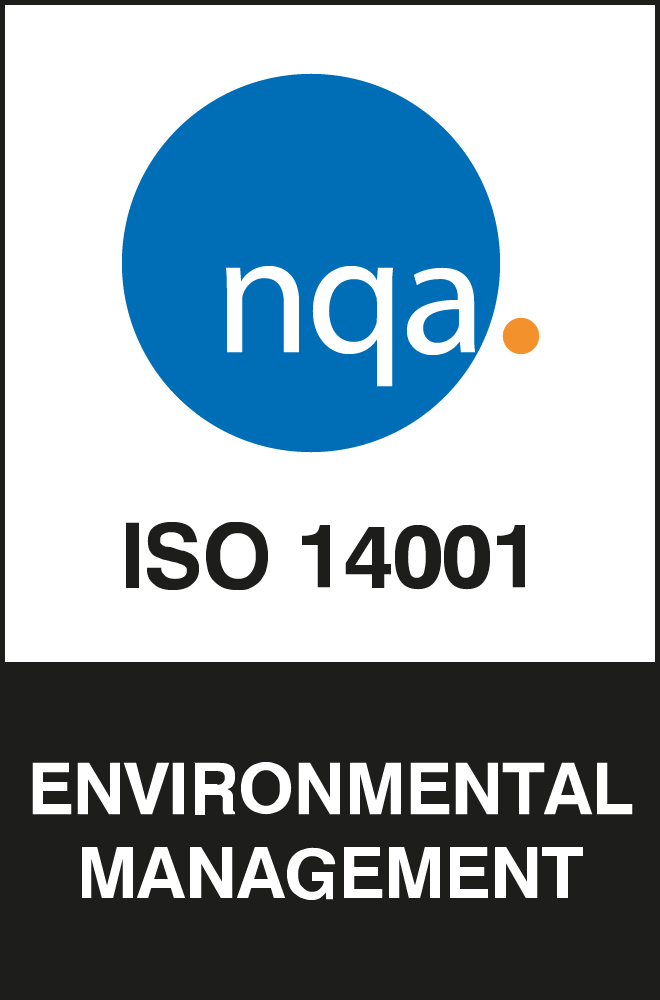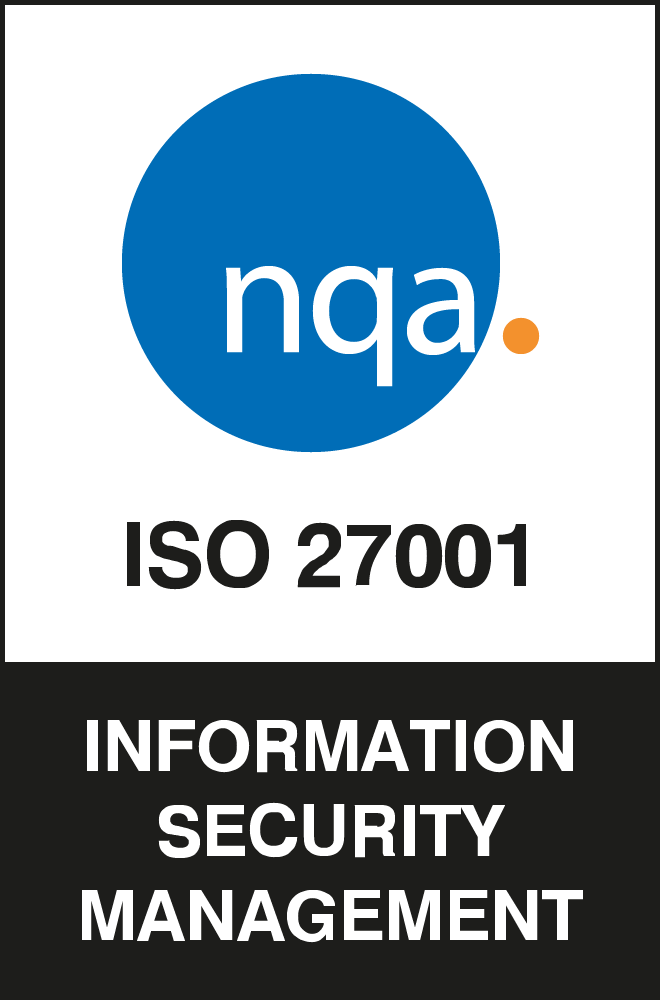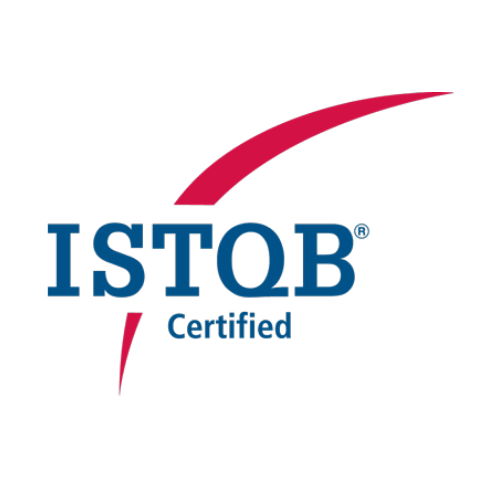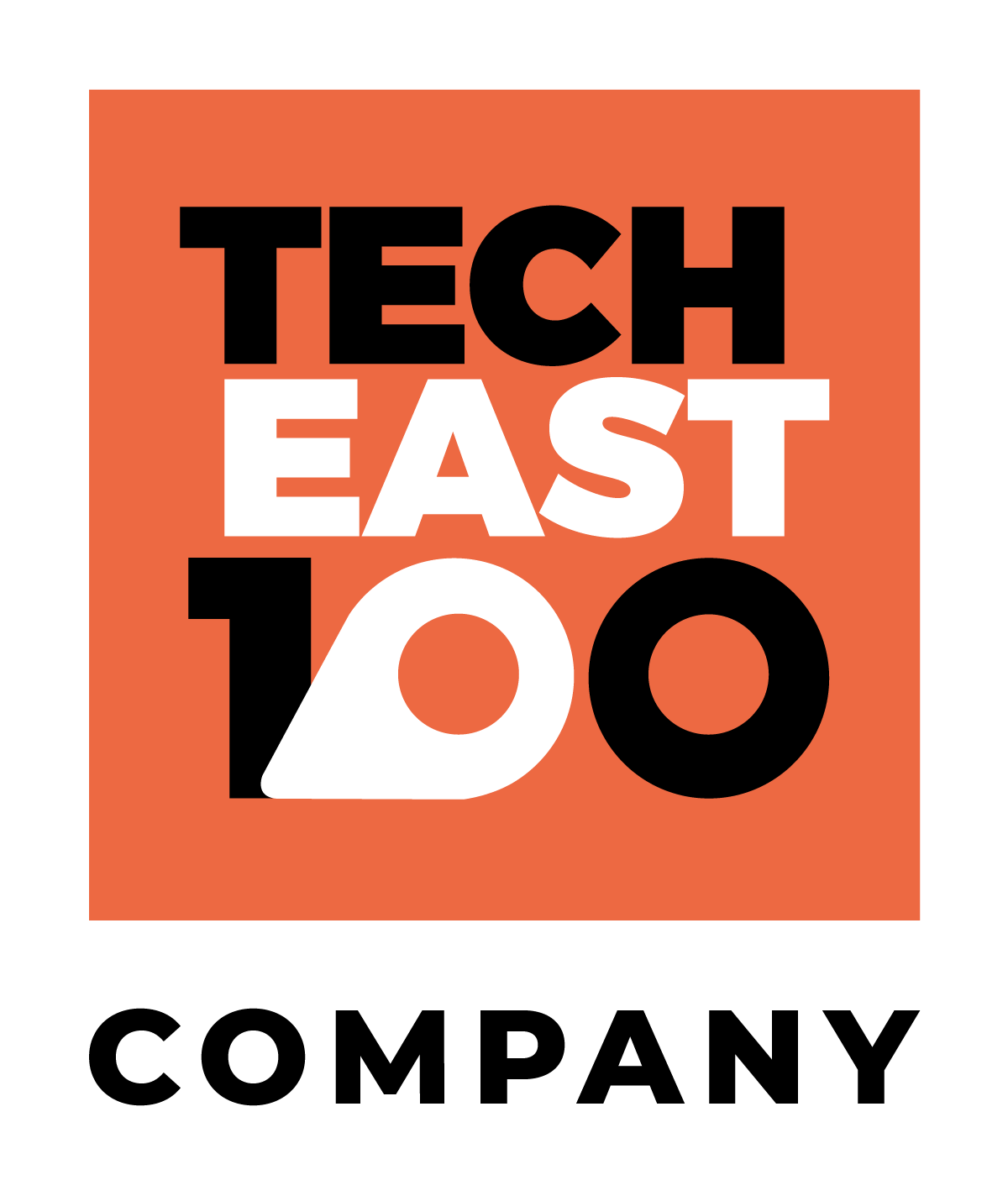Embedded systems have become a driving force behind technological advancements, offering numerous benefits to businesses across various industries.
In this blog, we will explore the advantages that embedded systems bring to businesses, focusing on enhanced product functionality, increased efficiency and productivity, cost savings, improved product quality and reliability, competitive advantage, faster time to market, scalability and flexibility, data collection and analysis, connectivity and IoT integration, as well as long-term support and maintenance.
#1: Enhanced Product Functionality
Embedded systems have the ability to add advanced features and functionalities to products, making them more competitive and appealing to customers. By incorporating embedded systems into their offerings, businesses can differentiate themselves in the market and provide unique value to their customers.
#2: Increased Efficiency and Productivity
One of the key benefits of embedded systems is their ability to automate and streamline processes. By integrating embedded systems into their operations, businesses can improve efficiency, reduce manual labor, minimise errors, and optimise resource utilisation. This ultimately leads to increased productivity and cost savings.
#3: Cost Savings
Embedded systems can help businesses save costs in multiple ways. By integrating various functions into a single embedded system, the need for separate components or systems can be eliminated. Additionally, embedded systems are often energy-efficient, resulting in long-term operational cost savings.
#4: Improved Product Quality and Reliability
Embedded systems are designed to deliver reliable performance, which translates into higher product quality and improved customer satisfaction. By utilising embedded systems, businesses can build a reputation for delivering dependable products that meet or exceed customer expectations.
#5: Competitive Advantage
Utilising embedded systems provides businesses with a competitive edge in the market. By offering innovative and technologically advanced products or solutions, businesses can differentiate themselves from competitors and attract a larger customer base.
#6: Faster Time to Market
Developing products with embedded systems can accelerate time to market. With certain functionalities pre-designed and readily available, businesses can respond quickly to market demands, gain a first-mover advantage, and capture a larger market share.
#7: Scalability and Flexibility
Embedded systems can be designed to scale and accommodate future enhancements or updates. This provides businesses with the flexibility to adapt to changing requirements, add new features, or expand product lines without significant redesign efforts.
#8: Data Collection and Analysis
Embedded systems enable businesses to collect valuable data from sensors, devices, or user interactions. This data can be utilised for business intelligence, decision-making, and improving products or processes. It allows businesses to gain insights into product usage patterns, customer behavior, and operational performance.
#9: Connectivity and IoT Integration
Embedded systems facilitate connectivity and integration with the Internet of Things (IoT), enabling businesses to leverage the power of connected devices, data sharing, and remote monitoring/control. This opens up opportunities for new business models and services, paving the way for future growth.
#10: Long-term Support and Maintenance
Embedded systems typically come with long-term support and maintenance from manufacturers or developers. This ensures ongoing product reliability, compatibility with future technologies, and availability of updates or patches. Businesses can rely on the support system provided by the embedded system ecosystem.
Why should you choose to benefit from embedded systems?
By harnessing the potential of embedded systems, businesses can unlock new possibilities, optimise their operations, deliver innovative products, and gain a competitive advantage in the market.
Enhanced product functionality, increased efficiency and productivity, cost savings, improved product quality and reliability, competitive advantage, faster time to market, scalability and flexibility, data collection and analysis, connectivity and IoT integration, as well as long-term support and maintenance are just some of the benefits that embedded systems bring to businesses.
Embracing embedded systems can pave the way for success in the rapidly evolving technological landscape.
Get in touch with Coderus today to discuss your next embedded development project.




